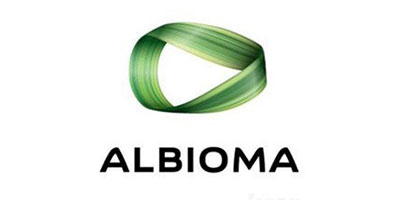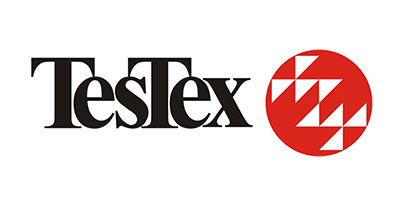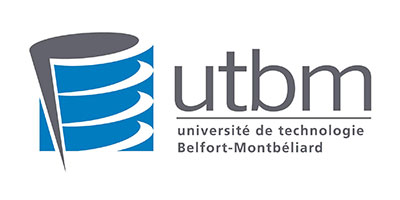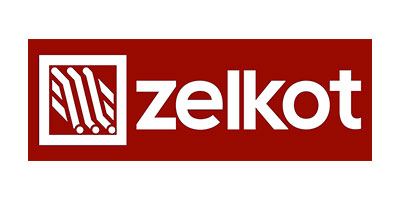Corrosion is a common scourge that causes enormous losses. This natural phenomenon has been known nearly for ever but is still not completely solved. In fact there are many kinds of corrosion depending on the base material and the operating conditions. Many applications are improved by using more resistant, called "noble" materials that are often more expensive. It should also be noted that a so-called "stainless" steel also has its limits and even “noble” materials are not resistant to any environments.
Corrosion causes losses of mechanical properties, losses of thickness which lead to weakening process equipment. Without supervision or maintenance, it is foreseeable that this degradation will lead to rupture and therefore to unforeseen shutdowns or even more serious accidents.
Understanding corrosion phenomena is based on both fundamental scientific knowledge and feedback from real experience. The initial design takes into account operation conditions, warranty and service life which often are no longer identical after a few years of operation: evolution of feedstock, process improvement, expired warranty period, etc.
The observed damage must be used to draw up an appropriate preventive maintenance plan to ensure the operational reliability and durability of the installations. Often protective coatings against corrosion are used at design stage, but budgetary constraints reduce these expensive treatments. It is necessary to monitor corrosion in order to preventively select the most suitable strategy: like for like replacement, replacement with cladding, on site cladding application, change operating parameters, etc.
Performing periodic inspections is therefore a necessary preliminary. But what to check, how and how to interpret the results is fundamental. Experience makes it possible to define generalities and build an approach, but during an inspection an experienced inspector will look for critical signs even outside the defined plan. It is necessary to adapt the mesh and readings to the situation. This is even more necessary as the corrosion is advanced. Corrosion is not linear with time, unlike what is commonly consider. With a solid technical base, engineer in mechanical engineering, a long experience in weldoverlay, 11 years including 7 years as technical director and Waste to Energy referent, then another experience with thermal spray cladding, 5 years as referent in biomass and Waste to Energy. I had the opportunity to build up a solid experience in different countries and give several lectures in specialized conferences: Prewin, KWTK, BiomassOn, EuroCorr, Institut de Soudure, ESOPE,…
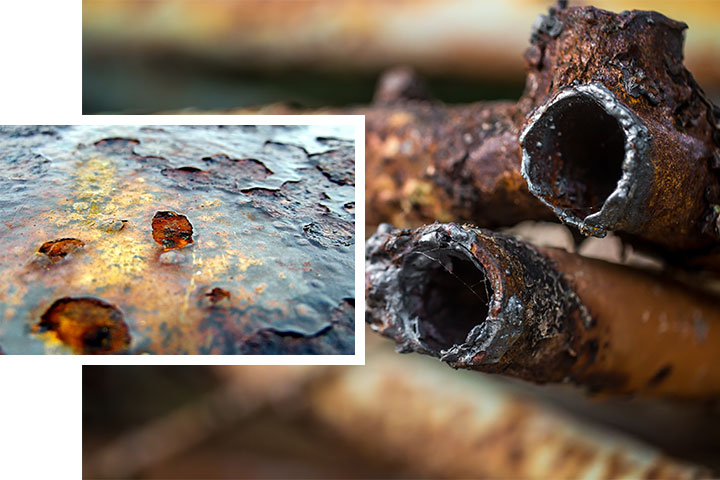
Why calling us?
Let’s improve reliability and lifetime of your process equipment subject to corrosion
The first pillar is proper understanding of customer needs: current situation, inspections and maintenance carried out so far and of course remaining operating lifetime target and economic optimization. Once clarification and mutual trust established, an optimized inspection protocol can be validated, carried out or supervised. Finally, a complete report, or periodic reports, with recommendations of solutions, recommendation of service providers. We can also support preparation of technical specifications, service providers evaluations and monitoring of proper performance during service execution.
